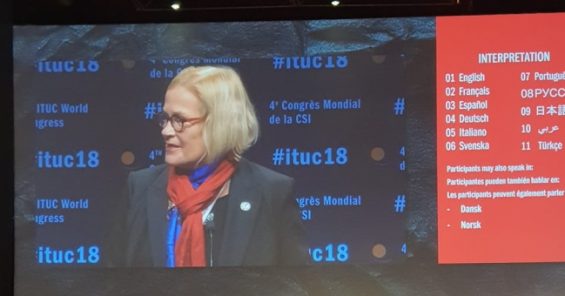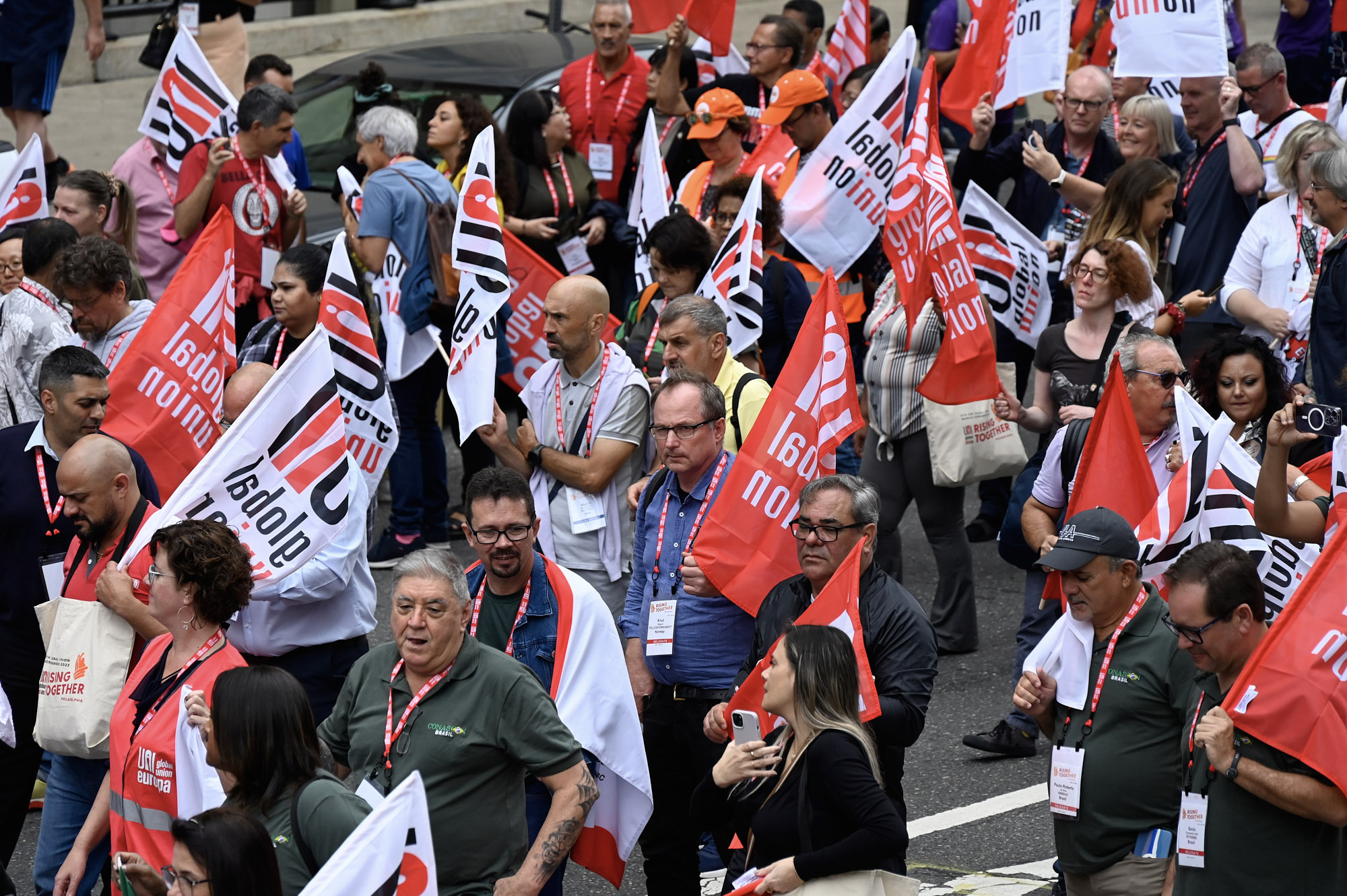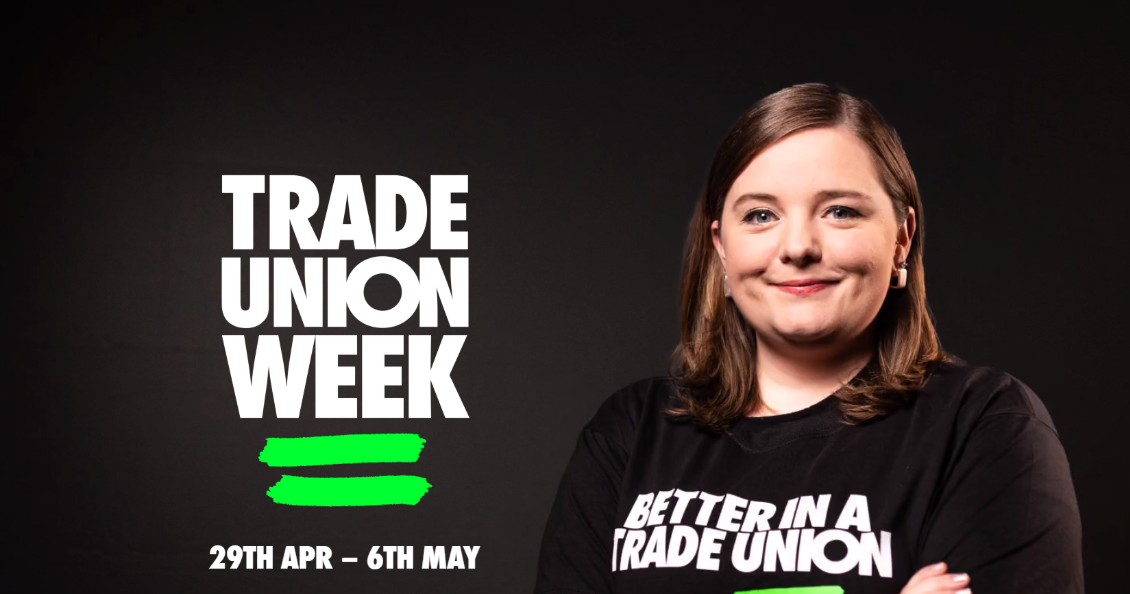UNI Global Union General Secretary Christy Hoffman was asked to address a session on the gender pay gap at the recent ITUC Congress, the seemingly immovable and persistent chasm that should have been closed long ago.
Hoffman said although there was no magic formula to closing the gap, three important steps should be taken.
Firstly she called on more women to be organized into unions. Hoffman said, “The facts speak for themselves. Every survey shows that the gender pay gap is less when women have a union. There is transparency over pay. A negotiated pay arrangement which applies equally to men and women. “
As an example, in finance, with the biggest gender pay gap among UNI sectors, the women in bank unions of Europe are working hard to expose the gap and to jointly develop strategies with management to ensure that women have pathways to the top- to ensure that bonuses are fair and transparent. BUT, in the US, where there are no unions which represent bank workers, the pay hovers just above poverty, the gap is much higher and there are no unions to demand transparency or to negotiate a promotion scheme.
“UNI has a strong commitment to organize, especially in the feminized occupations: in care, in commerce, in call centers and in cleaning,” she concluded on this point.
Secondly Hoffman called for a renewed push to use pay equity as a legal theory to win gender equality. “And as we all know instinctively and the ILO Wage Report supports – the gender pay gap is driven in large part by the degree to which the occupation is dominated by men. And people with the same or similar skills in different occupations may have vastly different pay. “
Hoffman said that progress was possible, taking the recent example of UNI affiliate E TU in New Zealand which argued in a legal case that aged care and home care workers were underpaid relative to other traditionally male occupations, precisely because these positions are almost 100% held by women. And the court ruled in their favor, resulting in massive pay increases for thousands of workers.
Finally Hoffman called for a giant leap forward for all working women.
Hoffman said, “Sexual harassment and #metoo have shaken the world. It is an issue around which workers will organize and mobilize.
“We must move the conversation about the status of women beyond sexual harassment and into the question of economic power. Because the two things are related. We can demand pay transparency, pay equity, more opportunities for more hours, publicly supported care to enable women to enter the work force- and entire package of solutions, starting with coverage of the feminized occupations by collective bargaining agreements.
“The opportunity is presenting itself for us to translate a renewed public shock and outrage into long lasting institutional change to address equality once and for all. We must seize this opportunity.”



